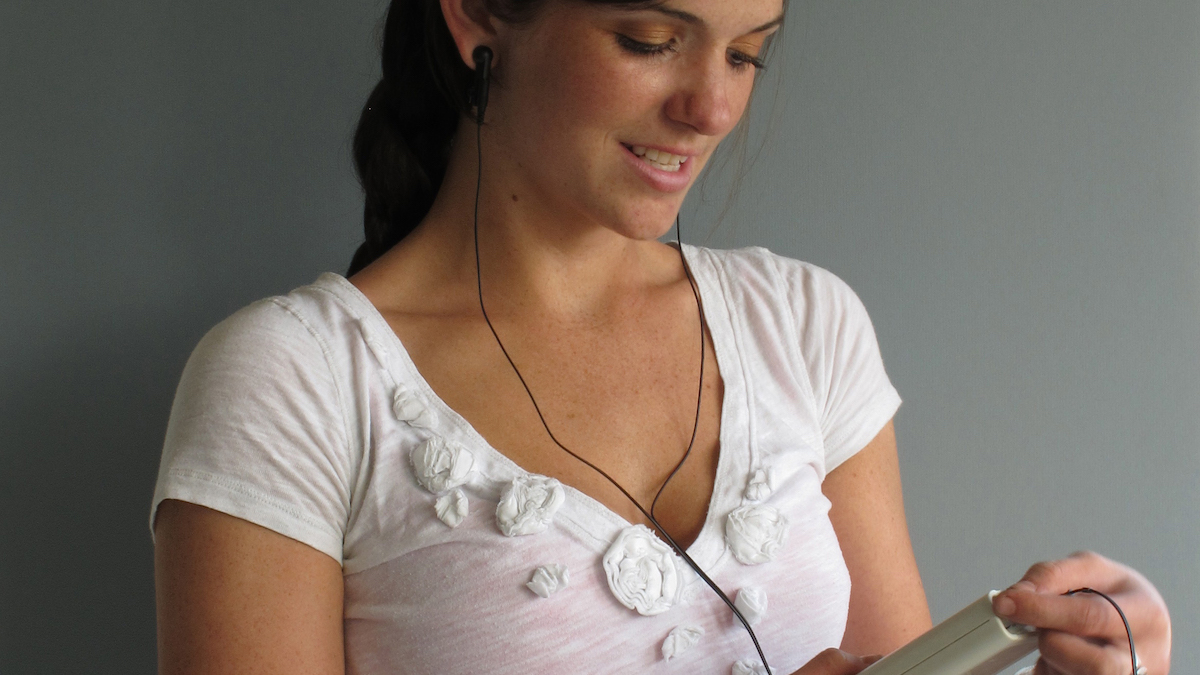Anxiety Disorder is a nervous disorder characterized by a state of excessive uneasiness and apprehension. Symptoms include compulsive behavior or panic attacks. Anxiety disorder can cause intense attacks the effects of which can raise heart rate, raise blood pressure and cause sweating and dizziness. Even light anxiety can affect our sleep patterns.
Insomnia is a habitual sleeplessness or inability to sleep. Insomnia becomes chronic when a person has trouble falling asleep or staying asleep at least three nights per week lasting three months or more. Some people with chronic insomnia have a long history of difficulty sleeping. It can be much more serious than just daytime sleepiness. Research has linked insomnia to high blood pressure, congestive heart failure, diabetes, and other ailments.
Anxiety, Insomnia, and the Anxiety-Insomnia Cycle
Constant worry can cause mental hyperarousal, which can keep you from falling asleep. Being in a near fight or flight mind set on a regular basis will force a neurochemical habituation that is nonconductive to sleep. We are all addicted to the neurochemistry that our brain is accustomed to transmitting to its receptors. Our brains are habitual and will fall into specific patterns of neurochemical expectation over time from repeated emotional and physical prompts. The neurochemicals related to fight or flight are designed for surviving and do not lend themselves to living in a restful manner. One way of breaking out of the fight or flight chemical habit is by stimulating the parasympathetic parts of our brain to force the release of neurochemistry more conducive to rest and a more peaceful general demeanor. Commonly the neurochemistry that we receive from sleep if our sleep cycles are normal. (Source: Cranial Electrotherapy Stimulation By Ray B. Smith, Ph.D. [PDF])
After sleep onset, an anxiety disorder can prevent one from staying asleep long enough to get fully rested. Anxiety has been compared to your body’s alarm system – it can help keep you safe in potentially dangerous situations. But if that alarm is over actively alerting and not for the sake of real danger – as it does with an anxiety disorder – the result will be a lack of necessary deep sleep.
Over time the inability to fall or stay asleep can cause anxiousness. Anxiety hinders sleep. Lack of sleep causes more anxiety, and around and around we go.
Researchers have also found evidence that a chronic lack of sleep can affect your emotional health. Studies show that people who have obstructive sleep apnea, which makes you wake up continually through the night, are more likely to have mental health conditions such as anxiety, panic disorder, and depression.
Could I Have Insomnia or an Anxiety Disorder?
In addition to feelings of anxiousness and trouble with sleep, other symptoms of an anxiety disorder include:
- Avoiding situations that trigger your fears
- Nervousness, restlessness
- A sense of impending danger
- Increased heart rate or breathing
- Sweating or trembling
- Trouble concentrating
- Digestion problems.
See your doctor when you have these symptoms, your level of worry has drastically changed your lifestyle, or worrying is affecting work or school. Call 911 whenever you have thoughts of hurting yourself or committing suicide.
Relieving The Anxiety-Insomnia Cycle
Calming your mind, healthy eating, and Cranial Electrotherapy Stimulation (CES) give you an enhanced way to relieve the anxiety-insomnia cycle. Data from clinical studies and practical application reflect the positive results that may be gained by applying low amplitude, extremely low frequency (ELF) electric currents, through the Vagus nerve system. The CES Ultra cranial electrotherapy stimulator device incorporates both ELF currents and ear clip attachments, as part of its standard application to treat anxiety and insomnia without medication.

Rated 4.8/5 based on 18 user reviews
Customer Review – No Insomnia
Several months ago I suffered with severe insomnia. I couldn’t get more than 3 or 4 hours of sleep a night, and sometimes I couldn’t sleep at all. I tried all kinds of sleep medications and supplements without success. I saw a neurologist who specializes in sleep problems, but she was of little help. I did some research on the internet and came across studies with CES. I decided to buy a CES Ultra. Within 2 weeks I was able to get 7 hours of sleep a night. I used it every day for two months and during that time I had no insomnia. Now I find that using it 2 or 3 times a week is sufficient for me to get a good night’s sleep.
– Ray W.
Citations
- WebMD – Anxiety vs. Insomnia (original publication)
- Sleep Foundation – Insomnia
- WebMD – Insomnia Complications
- American Psychological Association – Anxiety
- Anxiety and Depression Association of America – Sleep Disorders
- Cleveland Clinic – Common Sleep Disorders
- Sleep Foundation – Anxiety and Sleep
- NIH National Library of Medicine – Dialogues In Clinical Neuroscience: Sleep and Anxiety Disorders
- Mayo Clinic – Anxiety Disorders
- CES Ultra – Non-Drug Relief From Anxiety And Insomnia.

